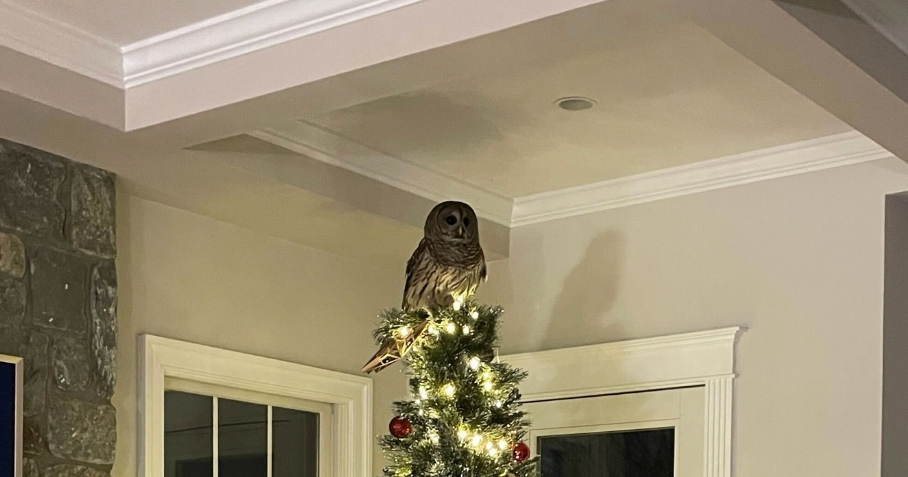Minnesota youth unpack their trauma: "We don't have to be stuck in these emotions"
Young people in Minnesota are speaking up about mental health with the goal of stopping the stigma. At a youth cultural healing summit, held at a church in downtown Minneapolis in October, hundreds of people gathered for lessons on healing and resiliency.
"It really was a brainchild of a group of young people who came to us and said … 'There's so much happening in our communities, whether it's violence, whether it's poverty, whether it's feeling dislocated. Can you help us build a space where we can come together and heal?'" said Marnita Schroedl, who runs the non-profit that co-hosted the summit with the Catalyst Initiative at the Minneapolis Foundation.
One in six children and teenagers, ages 6 to 17, experience a mental health disorder every year in the United States, according to JAMA Pediatrics. Suicide was the second leading cause of death for people age 10 to 34 in 2017, the National Institute of Mental Health said.
Healing starts with "us," said 25-year-old Mariana Morgan-Sawyer, who is part of a non-profit that started with a group of public school kids at risk of dropping out. Morgan-Sawyer said acknowledgement played a big role in her own healing.
"Why do you think it's so important for people, especially young people of color, to have a place like this?" CBS News correspondent Jericka Duncan asked.
It's "important to receive the information. So, one, that … there's such a thing as trauma," Morgan-Sawyer said. "Two, that there's something that you can do about it. You don't have to just walk around being sad or angry all the time. There are ways that we can unpack these things for ourselves."
They unpack their own trauma through theater and by sharing concrete tools. "This is a thing that you can do or use when you're feeling stressed. So that … has definitely helped me on my journey," Morgan-Sawyer said.
"We don't have to be stuck in these emotions," she said. "We can deal with them. … and it's much more fulfilling when it happens in community."
Schroedl wants kids to be the architects of their own future, not the victims of someone else's. "Eight-year-olds know when they're suffering from depression. But the adults aren't always ready to have that conversation," she said.
Schroedl said she was "evidence of a felony in 17 states" until she was six years old, she said.
"In 1962, until 1967 with Loving v. Virginia … there were anti-miscegenation laws, so whites could not marry blacks. And I am clearly a woman of color. And so when I was born, I am listed as white on my birth certificate, and then when I was seven months old, my melanin came in," she explained. "And so my biological grandmother gave my biological mother the choice of either giving me up for adoption or banishing her from the family. … She made the choice to put me into the foster care system."
Schroedl never had a safe space. So, she was compelled to create one for others.
"We have to stand in solidarity with these young people and understand that their lives are complicated. They're having drills at school about shooters," she said. "So to see young people in this room today have so much potential, and all they're asking for is support … authentic connection."
At the summit, Native American actors performed a play based on their experiences. One scene resonated with teenager Keonte Dunbar.
"That connected with me a lot because my parents used to fight a lot," he said.
Dunbar said it helps to be around people who have experienced similar trauma as him. "You can talk to them and they actually understand," he said.
"How important is it for you, and people who look like you, to be able to open up?" Duncan asked.
"I think it's a big thing, a big deal," Dunbar said. Many African-American males think "it's not okay" to have mental health issues or think, "that's a white people thing," he said.
"What are you walking away from here today with that you didn't have when you came through the doors?" Duncan asked.
"Probably more confidence to open up and talk to people," Dunbar said.
The event organizers said they get about 50 to 60 calls a week from people across the country, asking how they can put together similar youth cultural healing summits.



